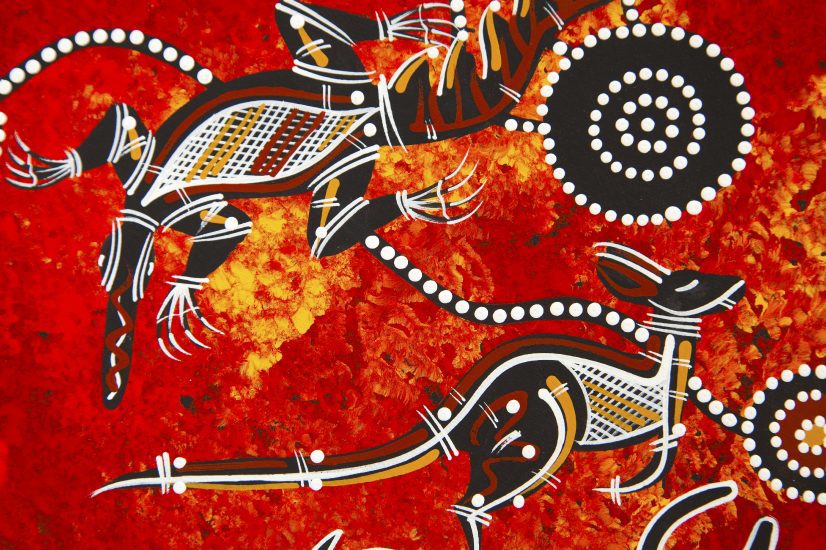Every year on 26 May, Australia pauses to acknowledge the grief, trauma and loss suffered by the Stolen Generations by observing National Sorry Day. This notable date on the Australian calendar presents a time to reflect on its true importance and share the steps towards healing for the First Australians affected, as well as their families and communities.
As a 100% Aboriginal owned and operated recruitment agency, National Sorry Day has significant meaning to us, and we take this opportunity to recognise the Stolen Generations and stand with people across the nation who have been affected by this terrible chapter in our history.
Why Do We Commemorate National Sorry Day?
National Sorry Day marks the anniversary of the day, in 1997, when the “Bringing Them Home” report, the result of a Human Rights and Equal Opportunity Commission inquiry, was first tabled in parliament. The report documented the forced removal of many Aboriginal and Torres Strait Islander children from their families, which occurred between 1910 and the 1970s, and made recommendations for confronting and addressing past wrongs.
The children, many of whom suffered significant trauma from the experience, were often subjected to harsh living conditions and abusive treatment within institutions, and encouraged to reject their culture and feel ashamed of their Indigenous heritage. These children – an estimated 10-33% of all Indigenous children during this period – became known as the Stolen Generation, and many people today are still coming to terms with this breach of fundamental human rights.
A Day of Remorse and Healing
In addition to acknowledging the trauma and loss that continues to affect Indigenous communities, families and individuals, National Sorry Day also provides a chance to focus on healing and pursue reconciliation in Australian society.
In 2008, more than 10 years after the initial tabling of the “Bringing Them Home” report, the government issued an official apology to Australia’s First Peoples for the wrongs done to them. It included a proposal for a new commission aimed at closing the gap in life expectancy, economic opportunity and education between Indigenous and non-Indigenous Australians.
Today, the government continues to take steps towards healing and reconciliation through support services to reconnect families and deal with the impacts of trauma, as well as initiatives to deliver better outcomes for Aboriginal and Torres Strait Islander people.

If you’d like to gain a deeper understanding of the experiences of Indigenous peoples, the Stolen Generations’ Testimonies project shares the personal testimonies of Australia’s Stolen Generations Survivors through the medium of film.
If you or your loved ones have been affected by the child removal policies and would like support in your healing journey, reach out to the Healing Foundation. Alternatively, there are Link-Up services available across Australia to help members of the Stolen Generations reconnect with their families and find out about their family history.




